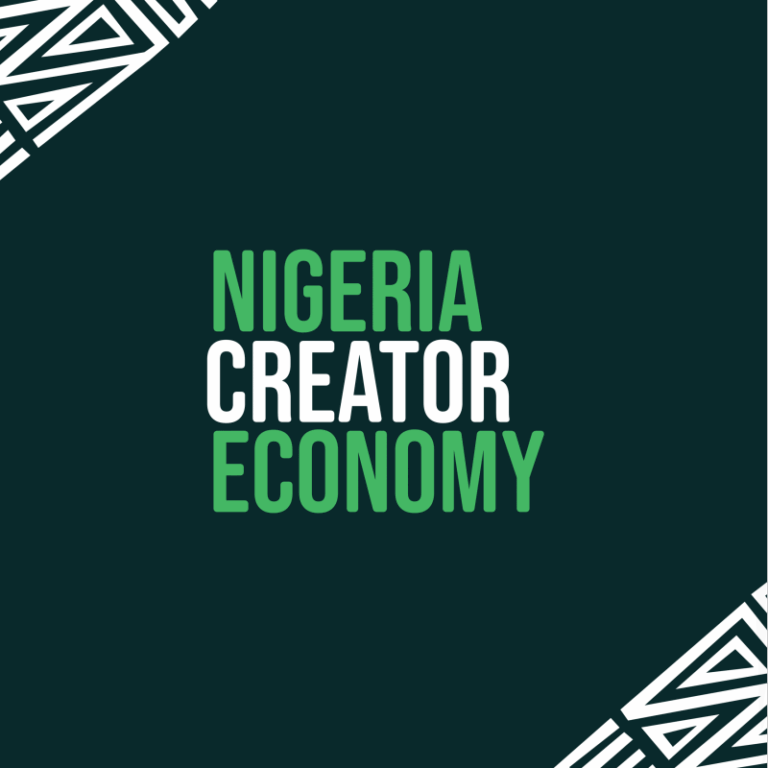LAGOS — A detailed analysis of Nigeria’s digital landscape reveals that the “creator economy” is undergoing a significant professional maturation, moving decisively beyond a reliance on viral fame and large-scale brand endorsements.
The dominant public perception of influencers is being rendered obsolete by a much larger, more stable economic subsystem. In this model, creators are monetizing their influence through sophisticated, often overlooked, structured methods that function independently of audience size.
Industry observers note that the most sustainable incomes are now being generated through a diversified portfolio of activities. This includes a “long-tail” economy where creators leverage niche-but-loyal followings to secure consistent micro-deals with small businesses, from local fashion vendors to cafés. This is often paired with community-based influence, where creators utilize private channels like WhatsApp and Telegram to drive product recommendations, earning commissions for verifiable sales.
Beyond direct promotion, a significant shift involves creators repositioning as skilled service providers. Many now earn substantial income from User-Generated Content (UGC) freelancing—producing high-quality photo and video content for a brand’s own marketing channels, rather than posting on their own. This trend rewards technical skill and reliability over follower counts. This is complemented by a burgeoning e-learning market, where established creators monetize their expertise by selling online courses, e-books, and one-on-one coaching on digital skills.
This professionalization is being accelerated by the rise of new, formalized platforms that connect influence directly to financial metrics. Affiliate marketing, discount codes, and new “earn-as-you-create” systems are converting engagement into a predictable revenue stream.
This trend is now being adopted in sectors like fintech. For example, some financial institutions are bypassing traditional advertising to launch community ambassador programs. These platforms, such as the ‘AltFellowship,’ structure creators as partners who earn direct, uncapped cash commissions for driving specific, measurable actions—like new bank account registrations.
This pivot from “clout” to “conversion” signals a critical change. The Nigerian creator economy is no longer just a “hustle” but an emerging, quantifiable sector where influence is treated as a measurable business asset, and compensation is increasingly tied to verifiable performance.

